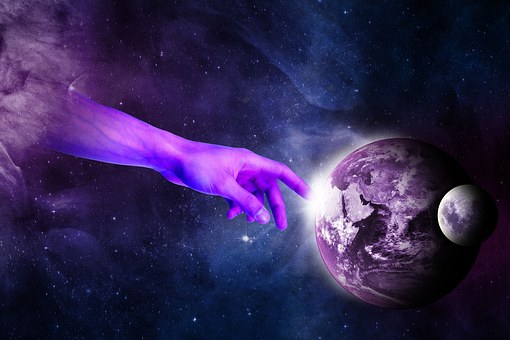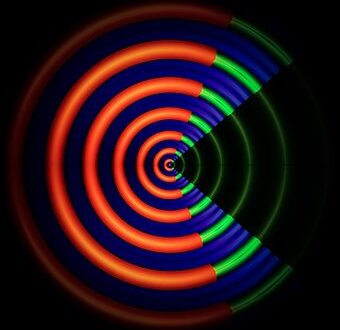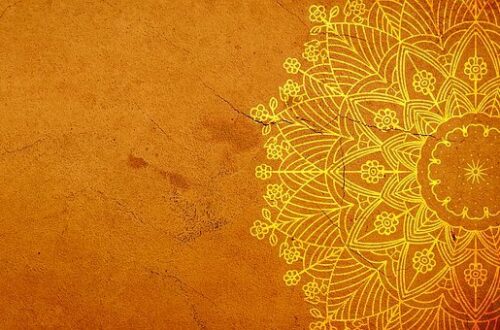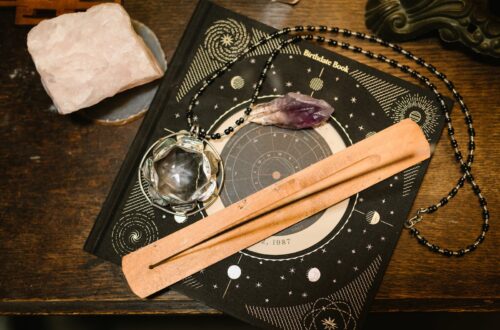
What is astrology?
What is astrology?
Beginning with deciphering the name itself, we will call astrology the science of the stars – according to the Greek root word (astron – star and logos – word or thought). However, this is how astronomy could also be understood, i.e. a typical natural science, which is based on studying, analyzing and drawing conclusions. Astrology is much more than that, it goes beyond the purely rational sphere.
Learning from the stars
Astronomy wants to give man knowledge of the cosmos, while astrology proves that the cosmos can provide knowledge of itself. This is the main purpose of this science – to know oneself, to find one’s destined path and the meaning of life in harmony with the universe. This guidance provides harmony and balance between man and the environment, as well as between individual people.
The future written in the stars
Some people want to reduce astrology to the art of knowing the future based on the alignment of the heavenly bodies. This is, of course, to some extent possible – outstanding astrologers are able to do this, but this is not the main purpose of this field. The future, whether of an individual person or a larger group, is made up of many variables, and it is not possible to take each of them into account without error, which makes divination an impossibly difficult art. Thus, in order to fully understand such arts, mainly astrology, we must remember that it gives clues and certain possible patterns, not immutable scenarios of future events.
The unchanging universe
The sky, with its beauty and vastness, has fascinated people for millennia, who saw in it something more than a part of nature. It was proof of divinity, symbolizing unlimited power and infinity. Every culture had educated people who specialized in reading the signs in the sky; these were magicians or priests, people surrounded by reverence and a certain fear of the wisdom they were capable of possessing. The oldest cultures derived their cults from the forces of nature, and so it was in these that they saw signs concerning human destiny. It started with observation, first reading natural calamities as a matter of course, but later they learned to see more subtle symbols, through which they also predicted what was purely human. Astrology is thus a science to which many generations have been devoted. Meticulous notes were taken of the signs that appeared and what followed them. According to logic, it was expected that when such a sign occurred again, it would have a similar effect. The most important celestial bodies were, of course, the sun and the moon. In almost every ancient culture they were identified with the gods. Their cyclic nature symbolized human life, and their arrangement allowed us to determine their influence on humans. According to the alignment of the heavenly bodies, special mental maps, or horoscopes, were developed. Calendars were also developed from similar observations – in Egypt, for example, one knew exactly when the Nile would spill, by observing Sirius.
Unknown beginning
The oldest horoscope dates back to 409 BC and was created in Babylonia, but it is impossible to determine exactly where astrology was born for sure. It could have been Greece, although more likely Egypt or Mesopotamia. Most likely, it was the Babylonians who began to study the influence of celestial bodies on human fate, but astrology, similar to the one we know today, was developed by the Greeks. Everywhere in a similar way tried to read the future from the stars, including in India and China.The Middle Ages, and with it Christianity, which was opposed to any progress, treated astrology as magic, that is, the work of Satan. Anything that was incomprehensible or simply undermined the authority of the church was judged in this way. The Renaissance, returning to the achievements of antiquity, refreshed the knowledge of astrology and once again dealt with its exploration. Today, astrology is developing not only as an art of predicting the future, deepened by numerous fortune-tellers, but also as a branch of psychology – valued especially by Steiner and Jung.




